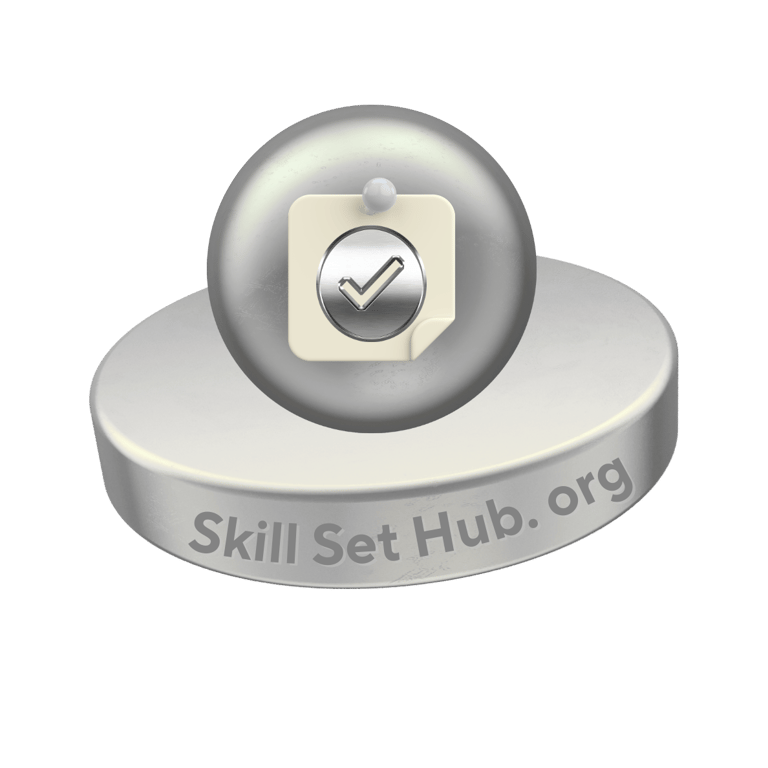Career transition
Key Factors for a Successful Career Transition
Making a career transition—whether switching industries, roles, or advancing in your current field—requires careful planning and adaptability. Here are the most important factors to consider:
🔹 1. Self-Assessment & Clarity
✅ Identify Your Strengths & Interests: Assess what skills and passions you want to leverage.
✅ Define Your Career Goals: Be clear on what you want from the transition—higher salary, work-life balance, passion, or growth.
✅ Evaluate Your Transferable Skills: Identify skills that can be applied to your new field (e.g., communication, problem-solving).
Tip: Use tools like personality assessments (e.g., MBTI, StrengthsFinder) to understand your strengths.
🔹 2. Skill Development & Learning
✅ Identify Skill Gaps: Research the key skills needed in your target career.
✅ Take Online Courses & Certifications: Platforms like Coursera, Udemy, LinkedIn Learning and free classes below can help.
✅ Gain Hands-on Experience: Consider freelancing, internships, or side projects to build credibility.
Tip: If transitioning to tech, for example, learning basic coding or data analysis can give you an edge.
🔹 3. Networking & Mentorship
✅ Connect with Industry Professionals: Attend events, join LinkedIn groups, and engage with professionals in your desired field.
✅ Seek a Mentor: Learning from someone who has already transitioned can provide guidance.
✅ Leverage Informational Interviews: Speak with professionals to gain insights into your new career path.
Tip: Join industry-specific communities (e.g., Slack groups, Meetup events) for real-world insights.
🔹 4. Resume & LinkedIn Optimization
✅ Highlight Transferable Skills: Tailor your resume to showcase how your current experience applies to the new role.
✅ Update LinkedIn Profile: Optimize your headline and summary to reflect your new career direction.
✅ Showcase a Portfolio (if applicable): For creative, tech, or consulting roles, a portfolio can demonstrate your expertise.
Tip: Use action-oriented bullet points in your resume (e.g., "Led a team of 5 to implement a cost-saving strategy").
🔹 5. Practical Transition Strategies
✅ Start Small: Consider a side project, freelance work, or a part-time role before making a full switch.
✅ Be Open to Lateral Moves: Sometimes, transitioning to a related role within the same company can help.
✅ Emphasize Adaptability in Interviews: Show how your past experience makes you a strong candidate, even if you’re new to the field.
Tip: If you can, build an emergency fund before transitioning to reduce financial stress.
🔹 6. Mindset & Emotional Resilience
✅ Stay Patient: Career changes take time—progress step by step.
✅ Manage Fear of Failure: Embrace challenges as learning opportunities.
✅ Stay Curious & Keep Learning: Continuous learning keeps you competitive in your new field.
Tip: Keep a growth mindset—view setbacks as lessons, not failures. Pace yourself as this process may take longer than you planned.
A career transition requires a mix of self-awareness, skill-building, networking, and persistence. With the right mindset, strategy and patience, you can successfully pivot into a fulfilling new role!
Career change consideration
Resume writing



Job market trends
Interview questions
Overcoming inverview anxiety



